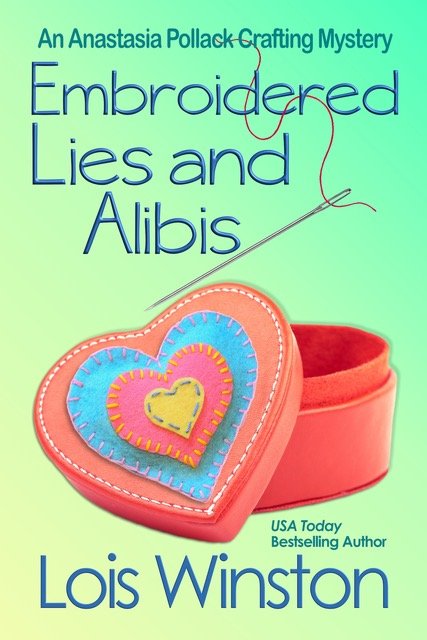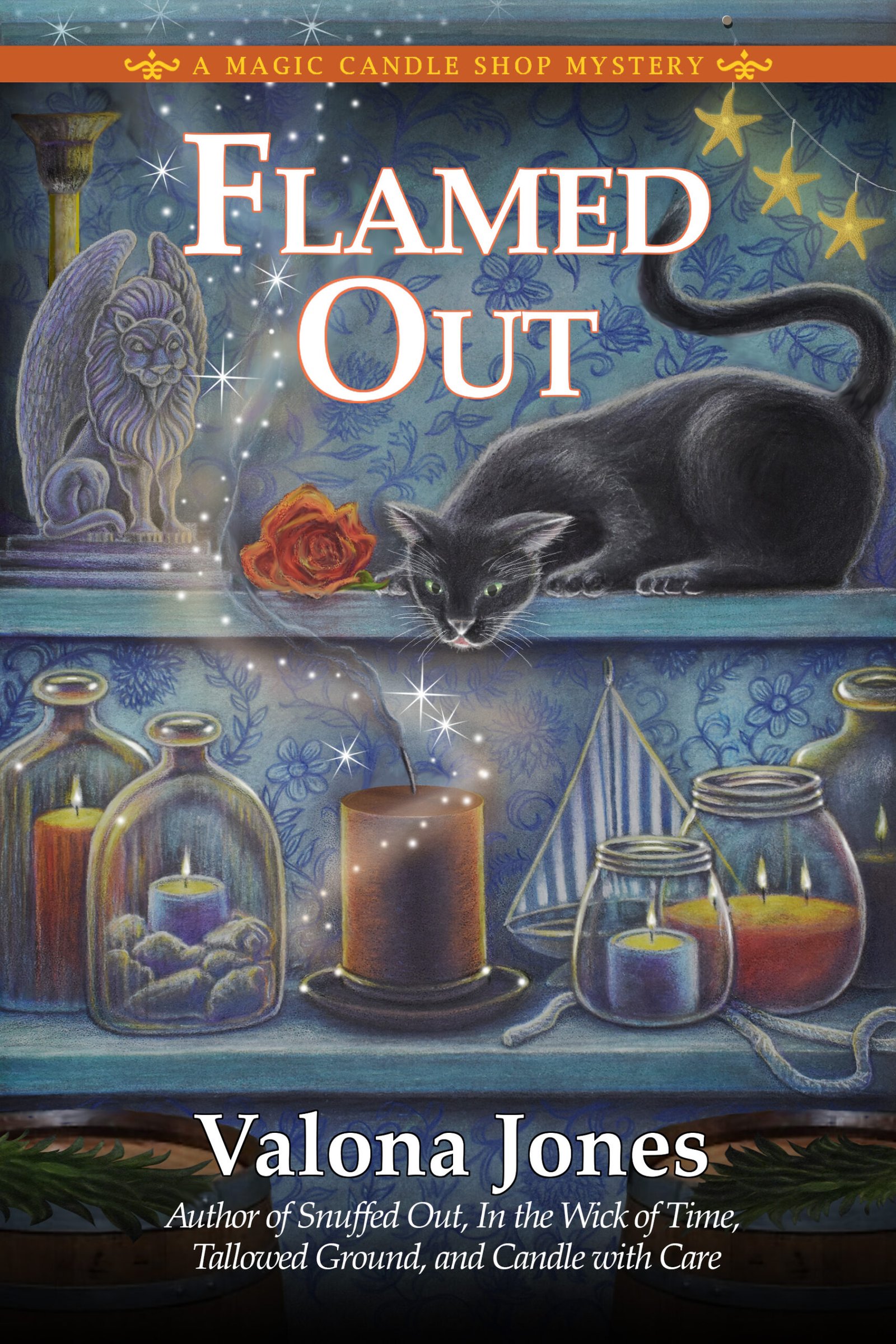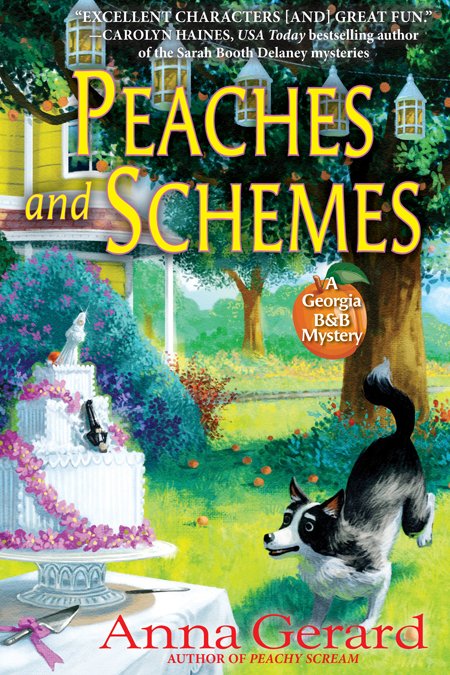Merry Christmas – no red herrings at dinner, please
- Terry Ambrose:
This question is super hard to answer, says Alexandra Atwood of the Seaside Cove Bed & Breakfast Mystery series. If one person’s not lying, then it’s someone else. I’ve totally learned that everybody’s got an alibi, and they all stink just like a dead fish. My dad always says, “Alex, the cops need facts to solve a murder.” But I’ve like figured out that if you push enough buttons, somebody’s gonna react!
- Nancy J. Cohen:
In our latest case, Dalton and I (Marla) investigated a murder at a living history village over the Fourth of July weekend. One of the actors playing a villager went off script and axed the town marshal. We narrowed down the suspects until only a few were left. [spoiler alert] We were convinced the guilty party was a brother and sister team who might be growing illicit crops on an adjacent property. All the arrows pointed in their direction, but we were wrong
- Debra H. Goldstein:
Not to give anything away, I (Sarah Blair) occasionally find that because I’m nice and always tell the truth, I think other people are doing the same when they talk to me. Consequently, I sometimes miss the parts they failed to tell me and come to erroneous conclusions that I have to correct before the end of the book.
- Cheryl Hollon:
The most common way to distract Miranda Trent in my Paint & Shine mysteries is to provide her with a false alibi. Then, she wastes time with this red herring and is frustrated when she later learns that the alibi was fabricated or cannot be validated.
- Diane A.S. Stuckart:
Following her split from her charming but cheating golf pro husband, Nina Fleet by default became a pretty good judge of character. In her most recent story, Peaches and Schemes, it seemed that everyone had a motive to murder her new friend. But because of her previous experience, Nina found herself focusing on the more obvious suspects…men who’d had a past personal relationship with the dead woman…instead of those who had more sinister motives. And that blind spot almost got her murdered, too!
- Maggie Toussaint:
Tabby Winslow here, the amateur sleuth from the A Magic Candle Shop series. I’d never heard of a red herring before I became a sleuth, but I’ve sure gone down some rabbit holes in my investigations. A suspect will say or do something that makes them look guilty, and then it’s hard to evaluate further actions once you have that bias. During IN THE WICK OF TIME, I thought I had a good idea of who killed Loren Lee Suffield, but it wasn’t until someone drugged my cat that I realized that person was evil, while previously I’d been focusing on everyone else. Don’t let anyone tell you different because actions always speak louder than words.
- Lois Winston:
Anastasia Pollack (from the Anastasia Pollack Crafting Mysteries) says, well, I don’t want to give away anything by mentioning a specific character in a specific book, but I will say I sometimes suspect a killer based on his or her arrogance and how irritating I find the person. That character, no matter how obnoxious, is often not the killer.







Merry Christmas
Happy New Year!
Merry Christmas!
Merry Christmas and Happy New Year!